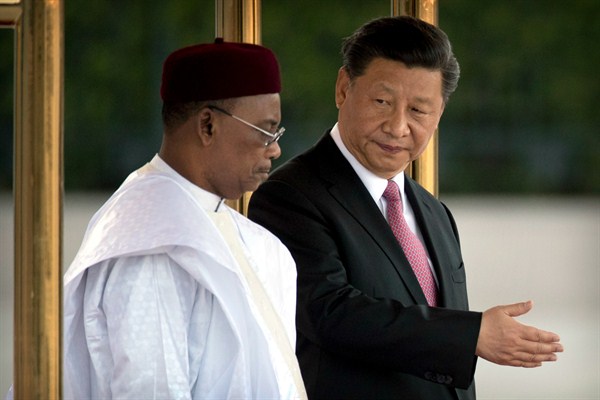After my first book came out in 2004, I received a surprise phone call from an assistant to former United States Treasury Secretary Robert Rubin, asking if I would meet with him to talk about Africa. Sitting together in his executive’s office at Citibank’s headquarters in Manhattan, he averred that if Al Gore were to win that year’s presidential election, he could return to a leading position in government, and he wanted to know if there was one initiative Washington could take to engage with Africa, what would I suggest?
This was a tall order, not least because I had not been told of his question in advance, but also because American diplomacy toward Africa has been marked for decades by a bipartisan failure of imagination—by neglect and by drift.
If I had to stick to one thing, as he insisted, my suggestion to Rubin was that the United States launch a higher education initiative for Africa that would bring thousands of students from across the continent to American campuses for free or deeply subsidized college or graduate school education, with the proviso built into their visas that they would not be eligible to remain in the U.S. for a fixed period of time after their degrees. This would help ensure these newly trained young people would take their skills back to their home countries.

